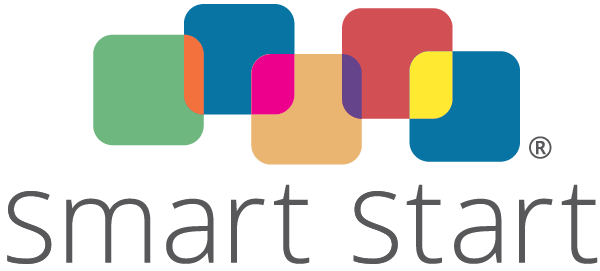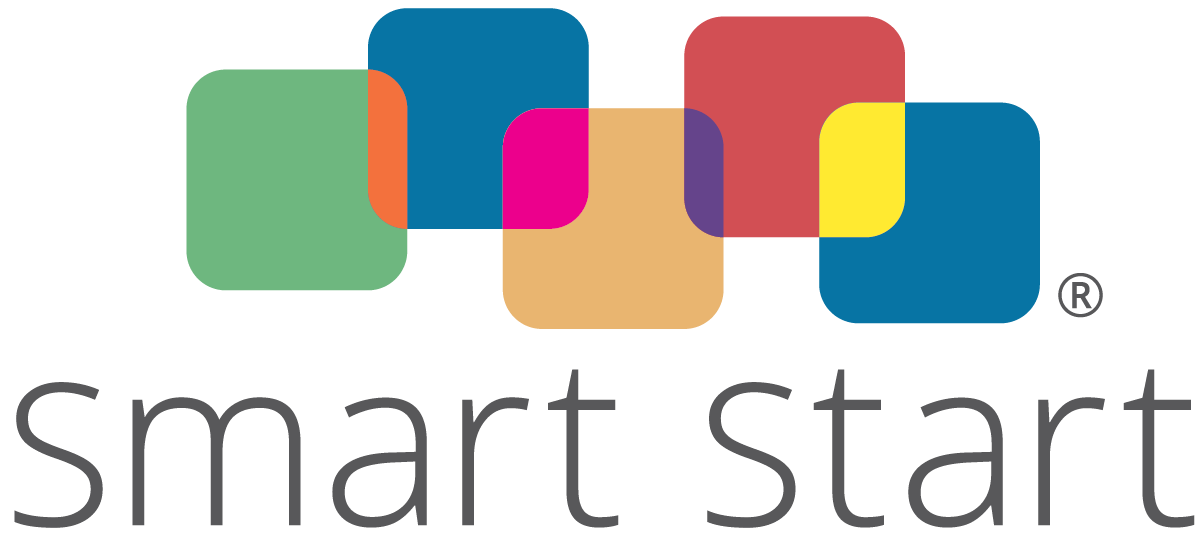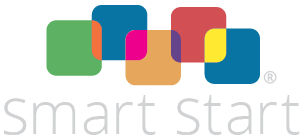May
03
2010
High quality interactions between children and teachers are the active ingredients through which early childhood programs foster the academic, language, emotional and social competencies of children. Improving teacher-child interactions requires continuing and consistent professional development opportunities.
Mentoring and support to...
May
03
2010
PreK-3 allows for an integrated approach for children ages three to eight that unites the best of early childhood education with the best of elementary education. It provides a coordinated experience in which children acquire the basic skills that...
Apr
19
2010
High quality interactions between children and teachers are the active ingredients through which early childhood programs foster the academic, language, emotional and social competencies of children. Improving teacher-child interactions requires continuing and consistent professional development opportunities.
Mentoring and support to...
Mar
30
2010
Introductory Video for SparkAction's Early Care & Learning page








